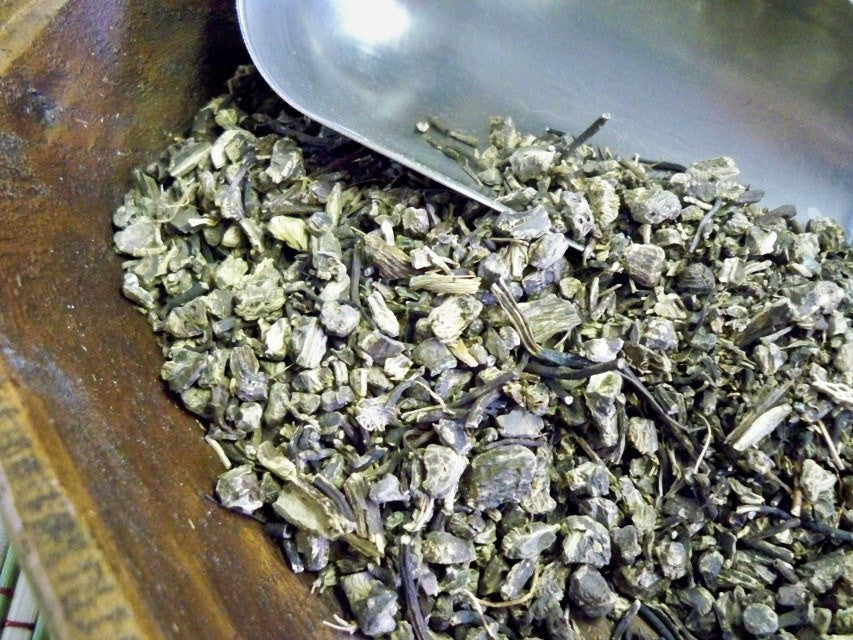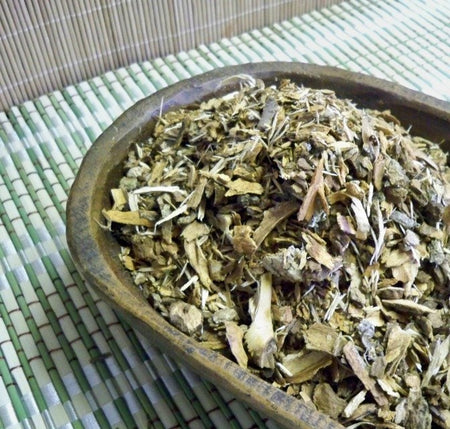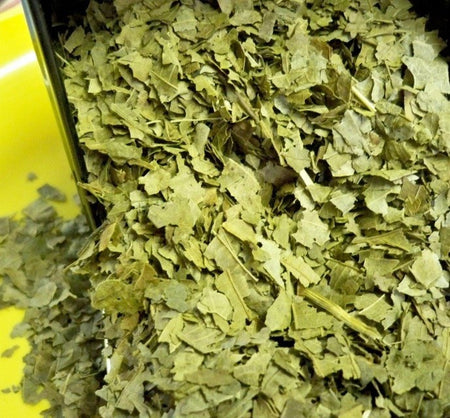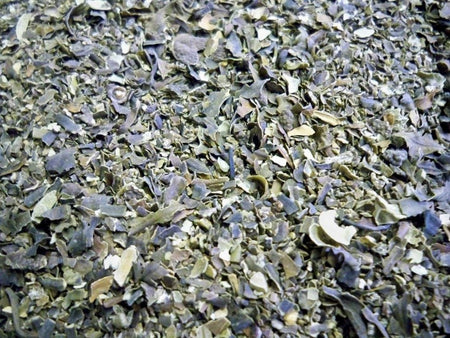Description
This herb is widely used in Germany and other European countries for discomfort from menopause. It may have uses as a sedative and helps reduce swelling of joints and can lower your blood pressure.
Black Cohosh preparations are derived from the root and rhizome of a shrub-like plant (Cimicifuga racemosa) also known as black snake root. The name black cohosh is derived from the dark color and the rough and gnarly structure of the root. (Cohosh is Algonquin for "rough.") The plant is native to eastern forests of North America.
Traditional uses: Black cohosh is used to help control hot flashes and vaginal dryness, and headache and depression associated with menopause.
This was a popular Native American and folk remedy for female ailments such as menstrual cramps, fatigue,& anxiety plus rheumatoid arthritis, . It was an ingredient in Lydia Pinkham's Vegetable Compound, a best-selling women's patent medicine of the late 19th century, at which time the herb was listed in the U.S. Pharmacopoeia and National Formulary.
Under the name "shoma," Traditional Chinese Medicine has long employed other Cimicifuga species (e.g., C. foetida, C. simplex Wormsk.) for similar purposes, as well as for alleviation of a fever, pain, and inflammation. Black cohosh has very helpful in the treatment of rheumatoid arthritis and osteo-arthtitis.
Scientists are not clear on how this herb works. Animal studies have provided conflicting results on the question of whether black cohosh has estrogen-like effects in women. However, research involving animals and humans indicates that black cohosh contains substances that stimulate endocrine (hormonal) activity.
In menopausal women and animals, black cohosh extract reduces the serum concentration of pituitary luteinizing hormone (LH), which is associated with negative physical and psychic effects of PMS and menopause, such as those dreaded hot flashes, uterine spasms,depression, and dysmenorrea.
Numerous clinical studies indicate that the herb suppresses the increase in LH and may offer an effective, slower-acting alternative to estrogen therapy. Experiments conducted in vivo and in vitro indicate that the LH suppressive effect may be initiated by three types of compounds that (1) do not bind to estrogen receptors but suppress release of LH; (2) bind to estrogen receptors and suppress LH; (3) bind to estrogen receptors with no effect on LH. In experimental rodents, constituents of Black cohosh reduced inflammation in response to flu infections, via inhibition of interleukin 8—a compound that stimulates congregation of pro-inflammatory neutrophils (white blood cells).
In Europe, Black cohosh extract is also used as a therapy for spastic parametropathy, a neurovegetative disorder of the pelvis. Black Cohosh contains triterpene glycosides, including actein, racemoside, 27-deoxyactein, and cimicifugoside. An isoflavone called formononetin has been identified as binding to estrogen receptors in the rat uterus, and cimicifugoside is believed to affect the hypothalamus-pituitary system, with effects on the reproductive and nervous systems. Aromatic acids (ferulic acid and isoferulic acid) are believed responsible for the drug's anti- inflammatory effects. Quoted from (Lehman-Willenbrock E. clinical trails results_Germany)
Black cohosh is almost identical to the man -made estrogens. It does take a few weeks for you to feel the effects of black cohosh.
Safety: This herb promotes menstruation and should be avoided during pregnancy and while nursing.
Don't forget about Red Clover, Wild yam, Virtex berries, there are wonderful herbs to help you through this.





